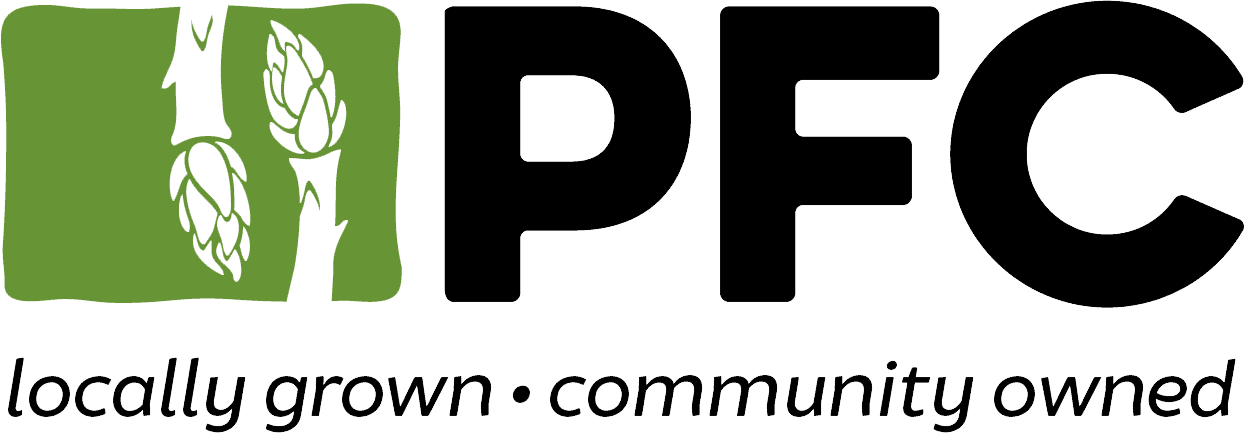10 Reasons to shoP LOCALly
1. Support Local Farms
When you shop at the market, you’re supporting your neighbors and voting with your dollars. For every dollar spent locally, $.68 will stay in your community. Plus, you’re directly helping someone provide for their family. Farming is hard, and prices are low. By selling directly to the consumer, these businesses are able to get a better return than they might through wholesale accounts.
2. Eat Seasonal
Unless you grew up on a farm, most Americans don't have a clear idea about seasonality. We're used to being able to buy whatever we want, whenever we want it. At the market, you'll be able to stay in tune with the seasons and savor produce when it's at it's peak. Strawberries in spring, apples in the fall, and so on. There's more to Fall than pumpkin spice!
3. Fresh Tastes Best
On average, food in the US travels 1500 miles from the farm to our table. At the market, our average is only 21 miles. The tomatoes you buy mid-summer are usually picked a day or two before you bought them. You're also able to buy produce in bulk and preserve the fresh seasons for those cold winter nights.
4. Variety
We have lost over 90% of our seed diversity over the last century. At the market, you can find produce you won’t find in a grocery store; Kohlrabi, Sunchokes, Microgreens, Heirloom Tomatoes, Spanish Radishes, Purple Cauliflower, Paw Paws and more! If you’d like dive in further, join a CSA to get a weekly box of produce, or other goods and tips straight from the farmer.
5. Community
Farmers Markets are more than just the best, most fresh place to grocery shop. They're a community gathering space, and a treasured weekend social event to connect over something we all love- good food. Stop by for the vegetables and stay for the music, friendships, food trucks, and more!
6. Protect the Environment
Many small farms are operating under organic practices, although they might not be certified due to prices and time constraints. These small farms are more likely to compost and practice field rotations that help enhance soil health, and ultimately protect our environment.
7. Know Your Farmer, Know Your Food
Every time you shop at the market, you get to chat with a farmer or producer. Talk to them and learn their stories, practices, and goals. You'll never get that experience or form those relationships at a regular grocery store.
8. Humane Animal Treatment
At the market you’ll find meats, cheeses, and eggs from animals that have been raised without hormones or antibiotics. Cows that have grazed on open pastures, pigs that forage through the woods, and chickens are often spared the cramped cages and other poor living conditions. Labels like grass-fed and cage-free aren’t all they’re cracked up to be, and knowing your farmer is the best way to know the living conditions of our food sources.
9. Less Packaging
If you look through your kitchen garbage, you’ll probably find that most of it is full of food packaging. Fruit leather wrappers, produce bags for every vegetable, plastic berry clamshells… A lot of this can easily be avoided when you buy produce directly from the producer. Bring your own bags for everything, and start collecting those rubber bands and egg cartons to be reused.
10. Learn to Cook
The best part about farmers markets? Learning to cook! Farmers have the best tips and tricks on how to prepare their goods. Try the samples, check out Taste of the Market to see what's in season, and visit the market blog for weekly meal plans and inspiration.
!Thanks for visiting our website. You're using a very old browser and it's preventing this website from displaying correctly. To view this website, please upgrade your browser.




